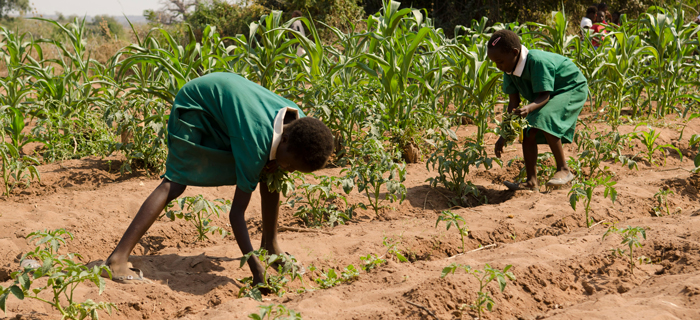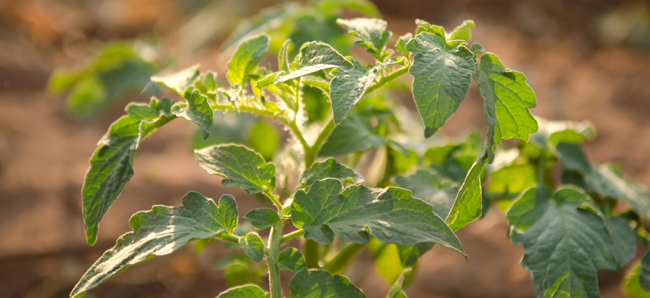When 22-year old Clifford Siamatika completed high school two years ago, it was an important milestone for his proud mother Lillian. “I want all of my children to finish school,” she says. “Clifford graduated, his brother Ivan will finish in 2014, and their sister will follow in a few years.” … Read More
Read MoreCredit support helps Ethiopian widow
Profit earned from trading vegetables that she produced on her small farm has allowed widowed mum-of-four Shifine Mamo to send all of her children to school. And following the recent graduation of her son from technical college, she is determined that her other children will too finish their education.
Read MoreTour de Farce: The ugly truth behind Lance Armstrong
He was one of the world’s most famous sports superstars. His story of recovery from cancer to even greater triumphs on his bike captured the public’s imagination. But Lance Armstrong’s 7 Tour De France wins were based on a lie… Now meet the man who unmasked Lance and knocked him off his bike and help raise some money for Africa.
Read MoreInternational Year of Family Farming
The UN has declared 2014 to be the ‘international year of family farming’. Here at Self Help Africa, every year is all about working with smallholder and family farms. However the formal recognition and backing from the UN will help to refocus the minds of policy makers on the key role family farms play in the world economy.
Read More30 Years of working in Africa
2014 marks an important milestone in the history of Self Help Africa. 3 decades ago , at the beginning of 1984, few in the West were aware of the looming famine in Ethiopia and other food security problems across Sub Saharan Africa. By the end of the year, the plight of so many starving families, had made a major impact on public consciousness. Emergency and humanitarian efforts were mobilised , getting badly needed supplies to those most in need.
Read MoreThank you for your support
Self Help Africa says a big seasonal ‘thank you’ to our incredible supporters. This Autumn alone, in excess of 1,500 friends lent us their support – attending and participating in events and challenges – and in so doing contributing almost €1,000,000 to support our work in Africa.
Read MoreNelisi’s garden of hope
For 60-year-old Nelisi Tembo, her vegetable garden is a place of hope. She has used money earned from the small plot at her homestead in Mwachilala village in Southern Malawi to construct a new tin-roofed home, to buy a treadlepump for irrigation and to pay school fees for her children and grand-children.
Read MoreFarmers of the future
School gardening is a time-tabled activity for the children attending Siamatika Primary School in Southern Zambia. And why not? – virtually all of the kids in the 510 pupil school come from farming backgrounds, and those that don’t usually have some land at home where their family grow maize and other crops.
Read MoreSun dried added value
A sun-dried vegetable project is providing the springboard for a Zambian women’s group to support new enterprise development for their members. Members of the 20-strong self-help group in Lushoma, Zambia, have seen their incomes increase, and have begun to save part of their increased earnings to set up a savings programme.
Read MoreOriginal partners continuing support
The Tonga people of Zambia face greater challenges than most. Forced from their tribal lands a half century ago when the newly-built Kariba Dam flooded huge swathes of the Zambezi River basin to create the world’s largest man-made lake, the displaced Tonga were resettled on poorer lands around the fringes of the lake shore, and they remain some of the poorest and most marginalised people in the country.
Read More

